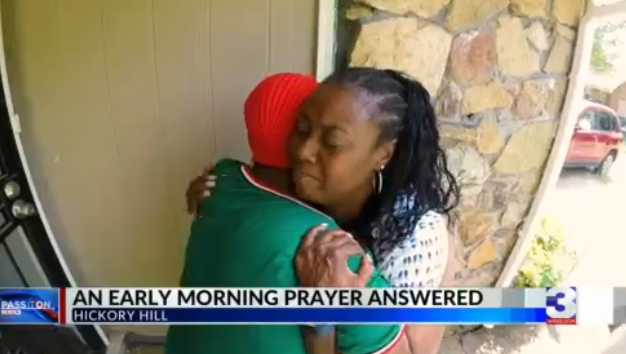JACKSON, Miss. — Thursday’s U.S. Supreme Court ruling saying states can force online shoppers to pay sales taxes could produce a special legislative session in Mississippi to earmark new money for roads and bridges.
Revenue Commissioner Herb Frierson said after the 5-4 ruling that he estimates Mississippi will collect $30 million to $50 million in additional taxes in the budget year beginning July 1. He estimates $50 million to $75 million the following year.
Republican Gov. Phil Bryant said last month that if the court ruled for the states, he’d ask lawmakers to earmark that money and money from a state lottery for transportation.
“Gov. Bryant remains in discussions with legislative leadership about a potential special session,” spokesman Clay Chandler said Thursday. “If those discussions produce a framework, he’ll call one.”
Mississippi collects a 7 percent sales tax from traditional retailers, and has long had a law on the books to collect a 7 percent “use” tax from remote sellers, but it was blocked by the Supreme Court’s previous ruling that a state couldn’t force a seller without a physical in-state presence to collect.
The distinction was already eroding, though, with Amazon and a number of internet retailers voluntarily collecting the tax. Mississippi received $63 million in voluntary collections through the first 11 months of the current budget year, which ends June 30. Overall, through Wednesday, it has collected $330 million in use taxes, Associate Commissioner Meg Bartlett said.
Mississippi is projected to collect more than $2 billion in regular sales taxes in the year ending June 30, part of a $6.1 billion overall budget.
Bryant said he’d also like to earmark tax revenue from sports betting to road projects. The three revenue sources together would likely provide the state with more than $100 million a year, but well short of the $400 million that Mississippi’s transportation commissioners say is needed to prevent deterioration of the state highway network. Many cities and counties also have expensive needs.
It’s unclear whether Lt. Gov. Tate Reeves or House Speaker Philip Gunn, also Republicans, are aligned with Bryant’s plan. Neither has historically shown enthusiasm for a lottery, and Reeves proposed a transportation spending plan focused on diverting year-end cash into transportation rather than state savings. Gunn proposed diverting use taxes to cities and counties, while cutting $160 million a year in income taxes and replacing them with fuel taxes. Reeves flatly opposes a fuel tax increase.
“Lt. Gov. Reeves looks forward to continuing conversations with Gov. Bryant and Speaker Gunn on how this policy should look for Mississippi and its communities and how to prioritize the revenue generated on state needs,” Laura Hipp, a spokeswoman for Reeves, wrote in a statement.
Gunn, of Clinton, didn’t respond to a request seeking comment Thursday.
Both Frierson and Democratic Attorney General Jim Hood praised the Supreme Court ruling for equalizing traditional retailers and internet sellers.
“Today’s ruling is a victory for our Main Street merchants in Mississippi. It puts them on a level playing field with large, out-of-state and international corporations,” Hood said in a statement.

























